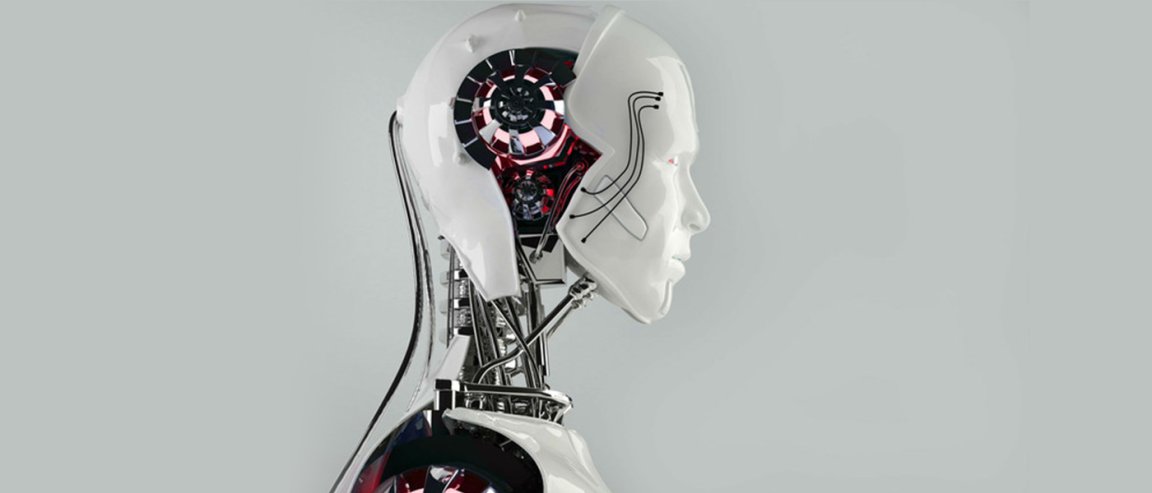
Major Breakthrough?
AI has been making great strides in the past few years, beating humans at our own game, as well as augmenting and even replacing human controlled systems. However, some are still not impressed with these developments and feel more should be done.
Such is the view of Professor Alexi Samsonovich, who announced that Russia “is on the verge” of a major AI milestone—robots that can feel human emotion!

The announcement was made during the 2016 Annual International Conference on Biologically Inspired Cognitive Architectures (BICA) in New York City. Specifically, Samsonovich pointed to free thinking machines capable of feeling and understanding human emotions, understanding narratives and thinking in those narratives, as well as being capable to actively learn on their own.
However, Samsonovich did not go into the specifics of the Russian AI advances, merely saying that the breakthrough will come in several years and that more funding will be needed to complete it.
Thoughts and Ideas
In an interview with Digital Trends, Samsonovich was still skimpy on specifics, but full of thoughts and ideas on AI. He mentioned that with the recent uptick in the number of publications on AI as well as the money invested by governments and companies toward development will make new things possible “…a machine [is] capable of feeling human emotions and exhibiting human-level socially emotional intelligence in a variety of settings.”
Samsonovich doesn’t want it to be thought that he is making any claims toward AI developing consciousness. He believes that consciousness is not a worthwhile goal to achieve, since it cannot be validated on anybody other than oneself. Instead, he sees a future with robots that have different behavior and internal organization. “When you will see this kind of behavior (human-like feelings) exhibited consistently over time in many circumstances and without occasional ‘presence breaks’ … you will believe that this entity is alive and is in a social contact with you, and you will interact with it accordingly.”